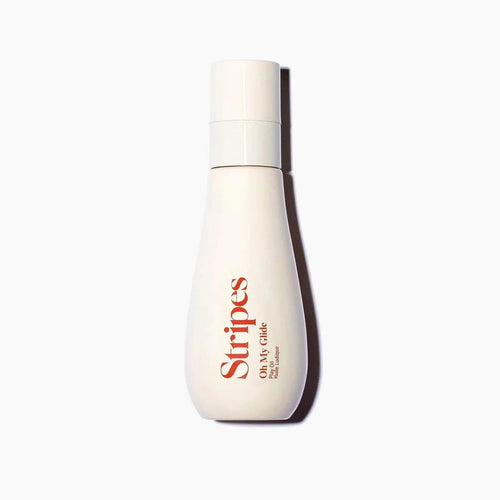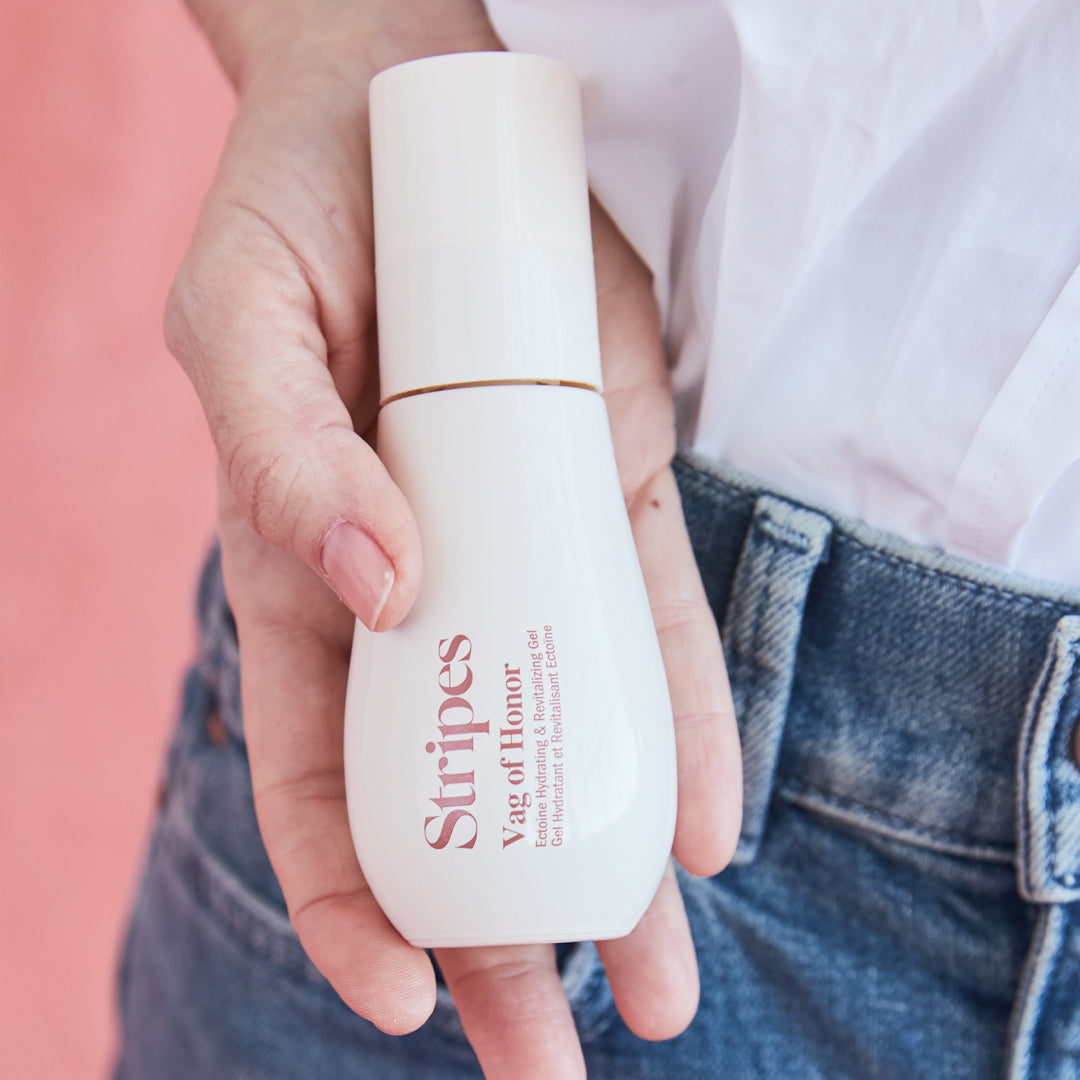Sex After Menopause: The Surprising Benefits No One Told You About
If you’ve been led to believe that menopause marks the end of your sex life, we’ve got good news: the rumors are greatly exaggerated. In fact, for many women, sex after menopause can be hotter than ever.
Not in a “college dorm, disco ball” kind of way (though if that’s your thing, no judgment), but in a deeper, more grounded, soulfully satisfying way. Think of it as the grown-woman version of great sex — less performative, more connected. Less “what do I look like from this angle?” and more “what do I want right now?”
First, let’s get one thing straight: menopause changes sex — but it doesn’t end it
Menopause brings real shifts in your body. Lower estrogen levels can mean thinner vaginal tissue, dryness, and even pain during sex. Your Libido might take a nap or go on a sabbatical.
But that’s not the whole story. And it’s certainly not the end.
With a little support (think: lubricants, vaginal moisturizers, local estrogen therapy, and yes, open communication), sex after menopause doesn’t just resume — it can evolve. And like a fine wine or your favorite cashmere sweater, it gets better with age.
Why sex gets better after 50 (no, really)
Stripes Advisory Board Member Cindy Meston, Ph.D, a professor of clinical psychology and Director of the Sexual Psychophysiology Laboratory at the University of Texas at Austin, puts it best: “For many women, one of menopause’s most unexpected gifts is better sex. Not because the body hasn’t changed, but because the mind has. With age often comes a kind of hard-won confidence — a loosening of the grip of self-criticism, a quieting of the inner spectator.”
Let that sink in. After years (decades, even!) of being bombarded with messages about how we should look, behave, and perform in bed, something shifts. You stop performing and start participating. You realize that your pleasure doesn’t have to come with a disclaimer or a deadline.
“Instead of worrying about how they look, women start tuning into how they feel,” says Dr. Meston. “With kids grown, careers more settled, and fewer people to take care of, there’s finally space to focus on their own pleasure.”
There’s freedom in this stage of life. You’re not chasing the approval of someone else — you’re chasing your own curiosity, your own delight.
What the research says: the data backs it up
If you're thinking, "Okay, but is this just a vibe or is there science behind it?", you’re not alone. And the answer is yes, there’s research. A study published in Menopause, the journal of The North American Menopause Society, found that many women remain sexually active well into their 60s and beyond and that sexual satisfaction doesn’t necessarily decline with age. In fact, many participants reported improved satisfaction and more meaningful connections with partners in midlife and later.
Of course, libido and sexual frequency may shift with age (as they do in every life stage), but desire often becomes less about the physical rush and more about emotional closeness, curiosity, and sensuality. This evolution can be incredibly fulfilling.
The pleasure prescription: tips for great sex after Menopause
We’re not going to pretend it’s all smooth sailing — you may need to adjust your routine, your mindset, and your bedside drawer. But that’s not a bad thing. That’s just grown-up sex.
Here’s how to start:
1. Get comfortable talking about it.
Talk to your partner. Talk to your doctor. Talk to yourself. There’s no shame in wanting more pleasure — or in asking for help if something doesn’t feel right. A sexual health-savvy provider can help you explore hormone therapy, pelvic floor PT, or products that enhance comfort and arousal.
2. Reacquaint yourself with your body.
Bodies change. What worked at 35 might not do the trick now, and that’s okay. Explore what feels good now. Solo sex is not just normal, it’s recommended. Consider it research and development.
3. Don’t skimp on lube (or moisture).
Lubricants and vaginal moisturizers can be game-changers. And no, using them doesn’t mean your body is “broken”. It means you’re smart enough to know what works.
4. Change up the script.
Maybe you used to think sex needed to look a certain way. Maybe your go-to moves don’t hit like they used to. Try a new position. Focus on sensuality over orgasm. Or introduce tools or toys.
5. Work with, not against, your hormones.
You don’t need to suffer through dryness or discomfort. Localized estrogen treatments (vaginal rings, creams, or tablets) can restore tissue health and make sex more comfortable. Talk to your OB-GYN or menopause specialist about your options.
Sex after menopause: it’s about wanting
Let’s go back to Dr. Meston one more time: “[You may] become more present during sex, less distracted, and more curious about what actually feels good — sometimes for the first time in decades. The result? More desire, deeper satisfaction, and a sense of sexual self that’s rooted not in being wanted, but in wanting.” This is the revolution. Not trying to be desirable but desiring. On your own terms. In your own skin.
Sex after menopause doesn’t have to be about loss. It can be about discovery. The kind that’s grounded in experience, fueled by freedom, and sparked by the radical idea that your pleasure still matters. Because it does. Now more than ever.










